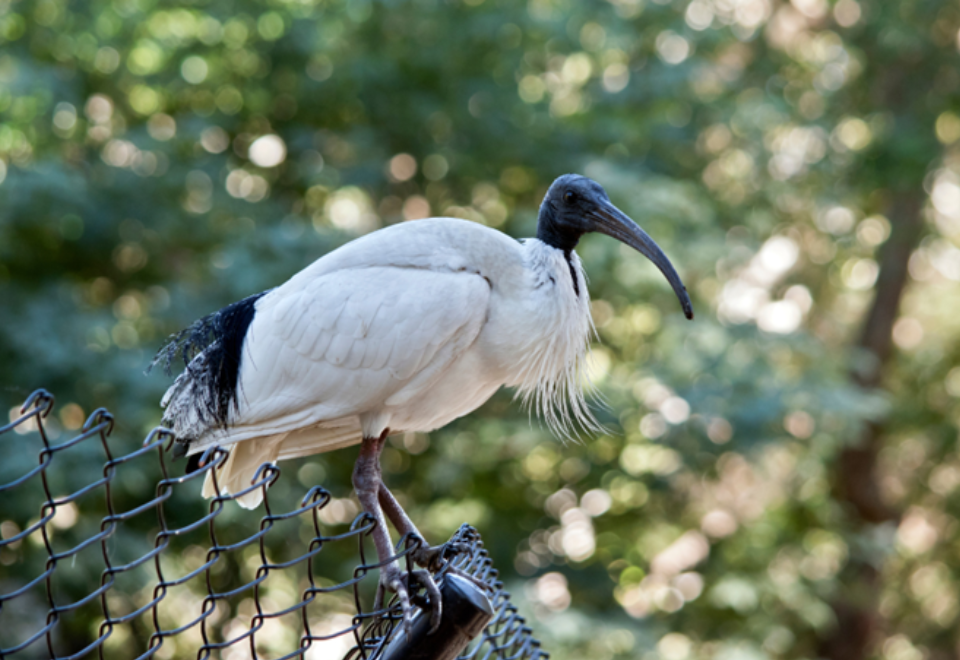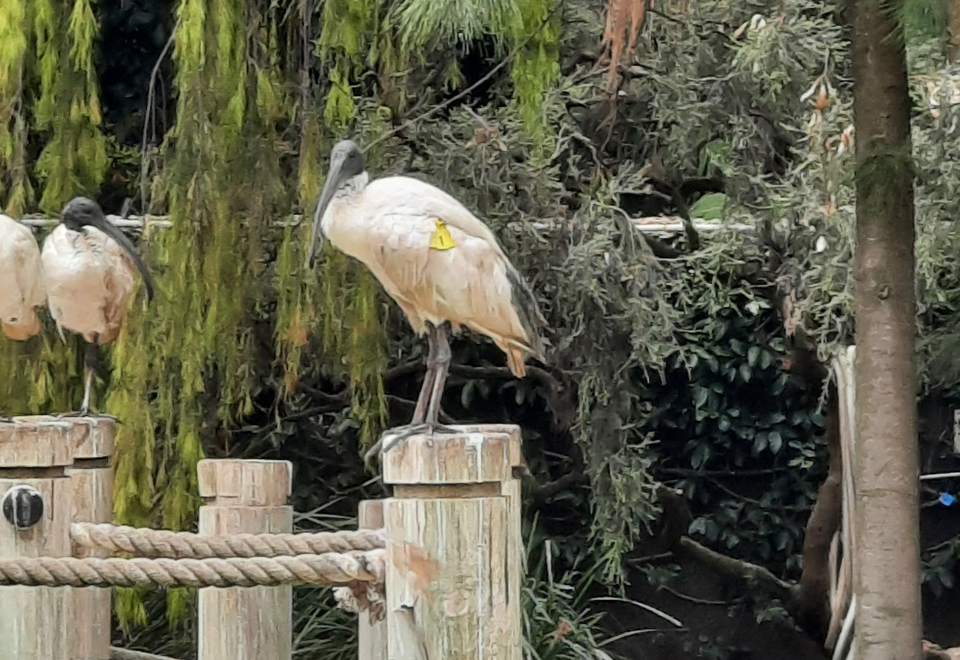Members of the community are invited to take part in a new monitoring project to better understand Australian white ibis across Adelaide’s metropolitan landscape.

The project, run by Green Adelaide, aims to uncover more about these charismatic birds, which are having an increasing presence in urban areas.
Ibis have been known to come into conflict with the community, but this project will provide insight into the way the birds are using Adelaide’s landscape to develop strategies to reduce potential conflicts, while still conserving this iconic and protected, native species.
Green Adelaide ecologist Jason van Weenen said that ibis face challenges in their natural environments due to changes in habitat quality, and in some cases habitat loss.
"Previously, ibis would forage and breed in natural wetlands," Jason said.
"But as the quality and extent of these habitats have changed, ibis have had to be adaptable, and find a way to adjust to our urban environments instead.
"An increase in presence of ibis in metropolitan areas has led to the birds coming into conflict with humans, with complaints raised about the noise, mess and smell associated with some of their breeding sites. This project will help land managers develop strategies to reduce these conflicts early on."
"Building knowledge about their use of the landscape is important in informing management of the species, ultimately to reduce the risk of potential conflicts in the future."

The monitoring project involves applying leg-bands and wing-tags to identify individual birds – a process that has been shown to have minimal impact on the birds themselves.
"The bands and tags provide a unique identifier for each bird, allowing the community to report individual sightings, and helping us to interpret movements of particular birds," Jason said.
South Australia isn’t the only state involved in monitoring the species, with similar projects underway in New South Wales and Queensland.
Similar to interstate initiatives, the community is being asked to help with this monitoring project by reporting their sightings any ibis, even if not tagged, via the Big City Birds app.